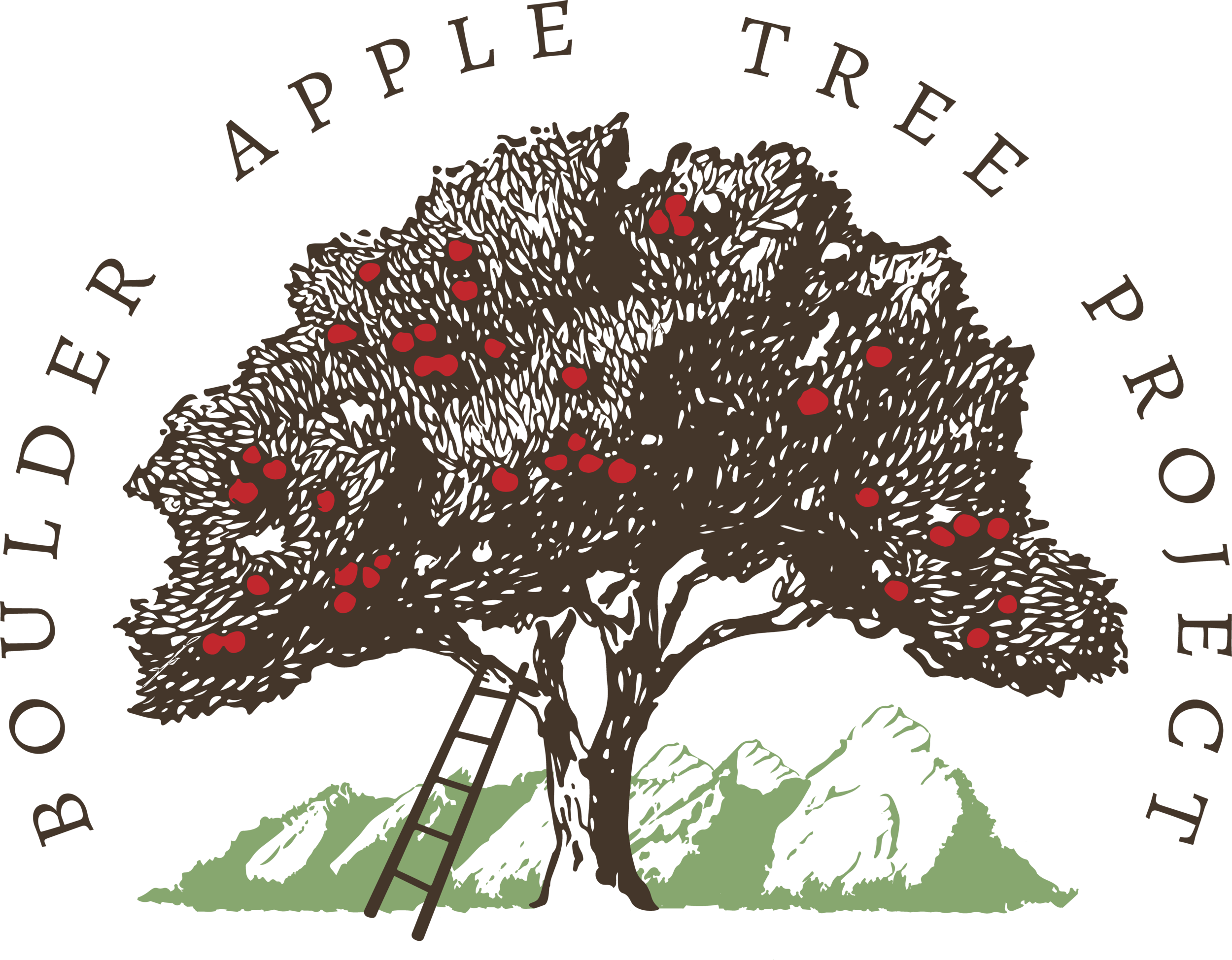the Curricula
An integrated approach to community-Engaged science education
Using the Boulder apple trees as a focal system, we are combining course-based undergraduate research (CUREs) with the practices of place-based education, which emphasizes local civic engagement. We call this approach the Power of Place Course-based Undergraduate Research Experience or PoP-CURE.
Calls for reform in science education highlight involvement of students in research as a mechanism that increases persistence in STEM. At the same time, there is increasing emphasis on building students’ civic responsibility and engagement, essential skills to interact in today’s rapidly changing world.
Our goals are to retain more students in STEM, with an emphasis on retention of students from underserved groups, strengthen civic engagement and support community-institution ties. Our ultimate goal is to develop, test, and refine our model so that we may both expand it internally and offer it for adoption by other institutions.





